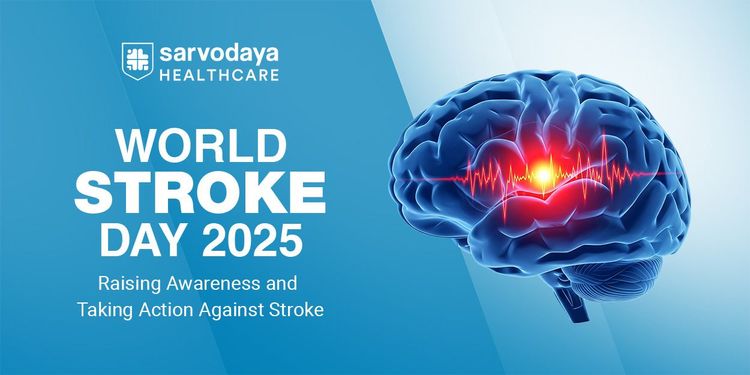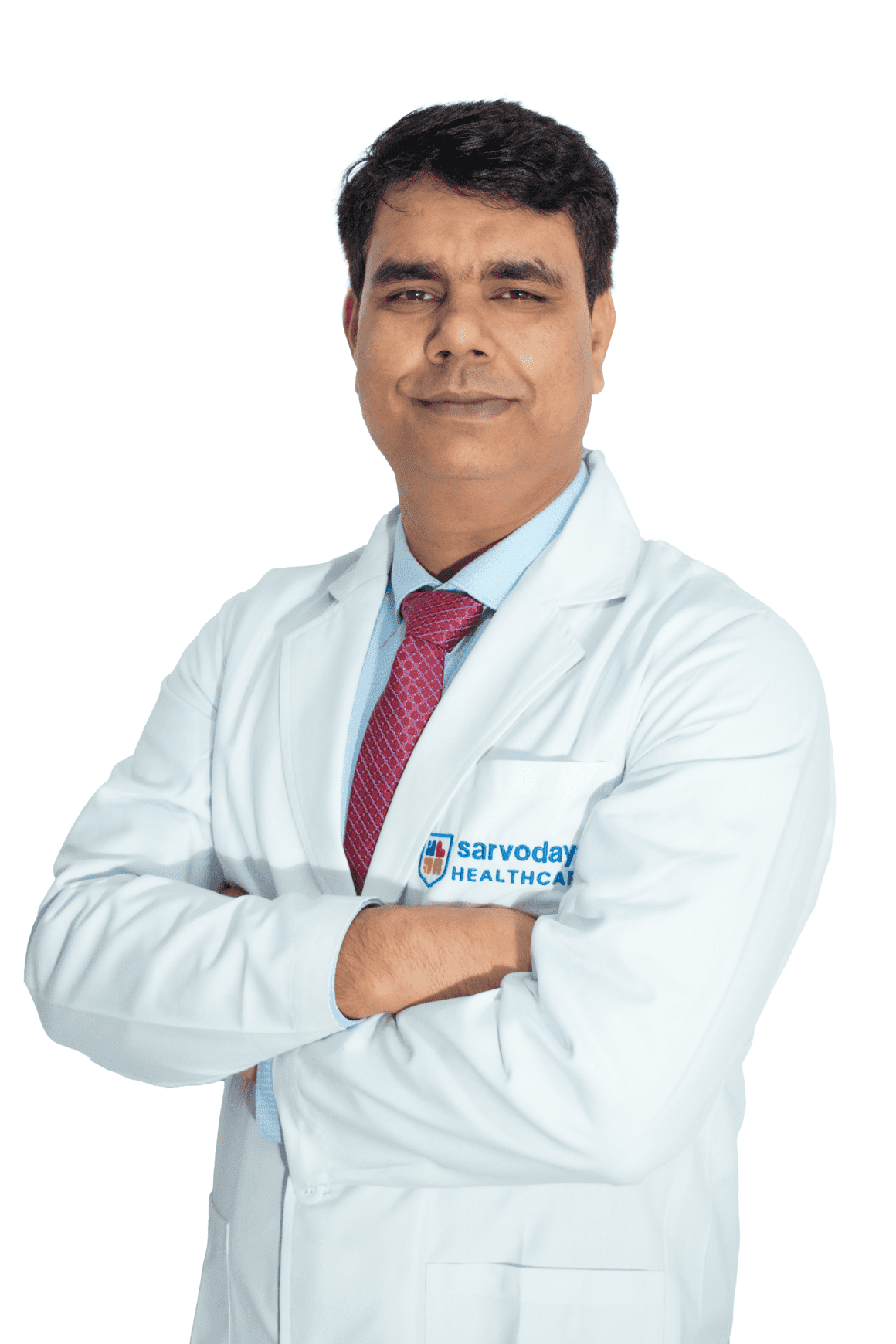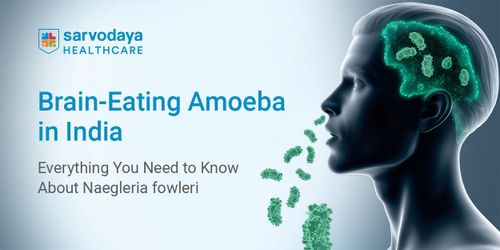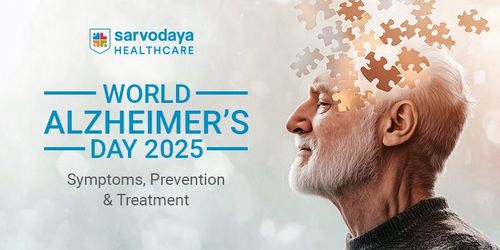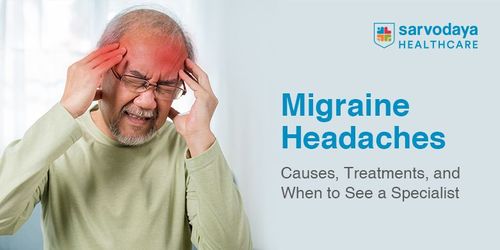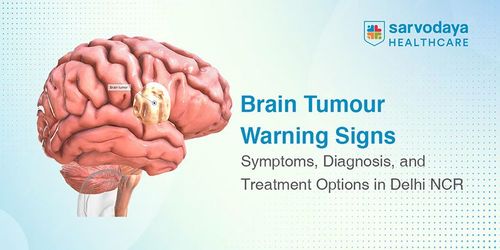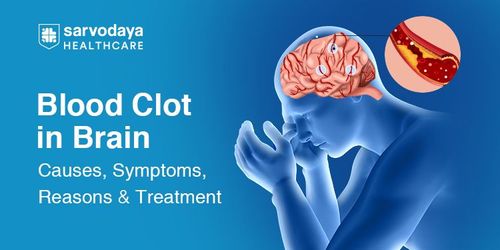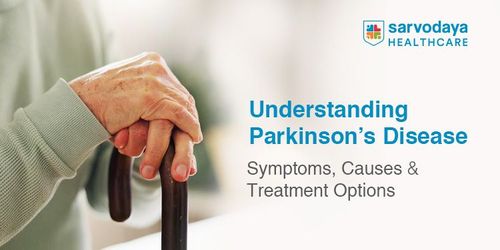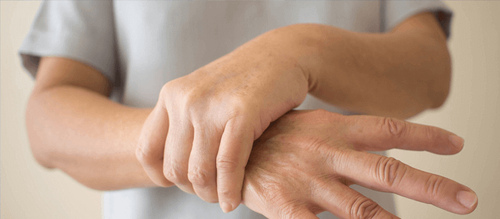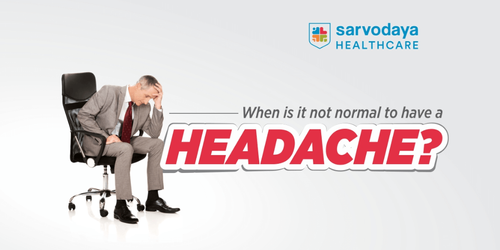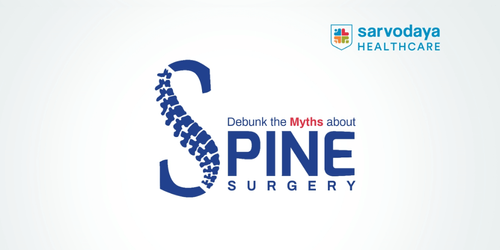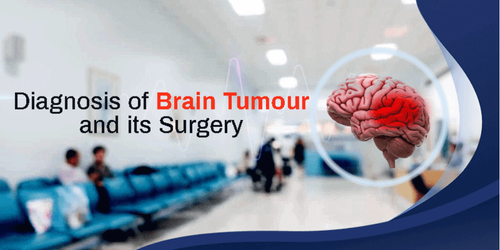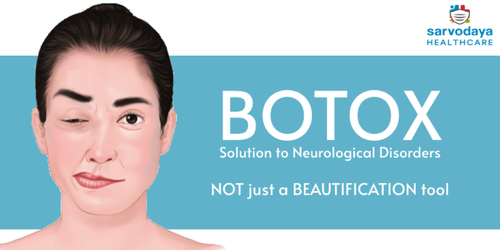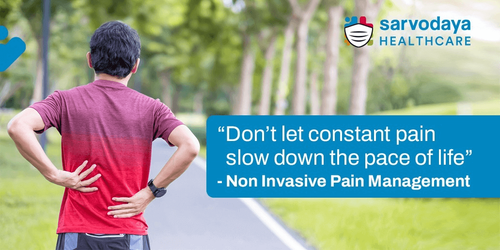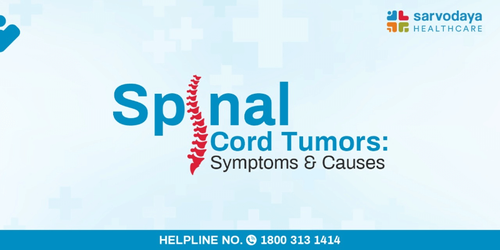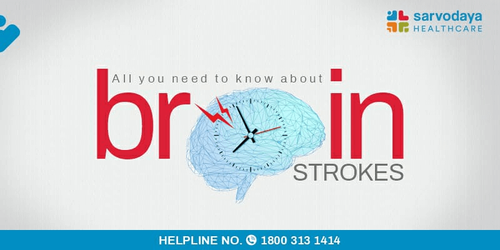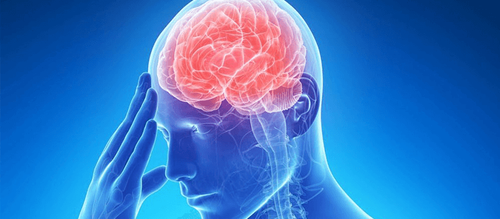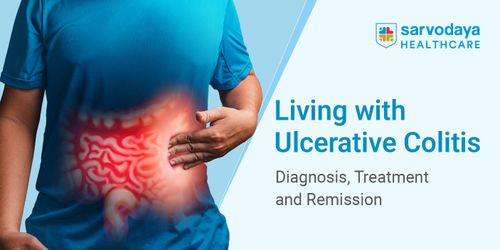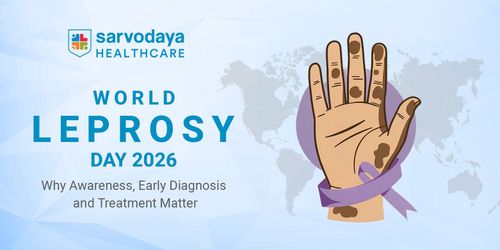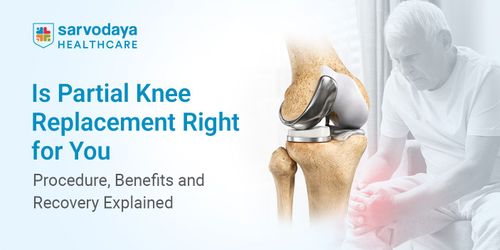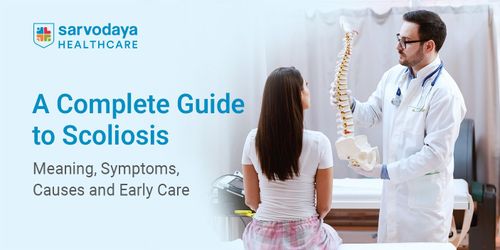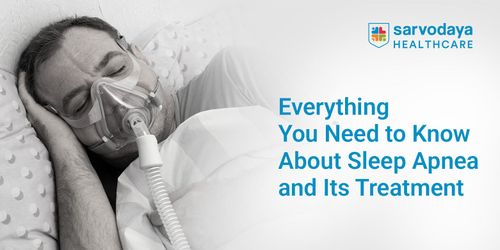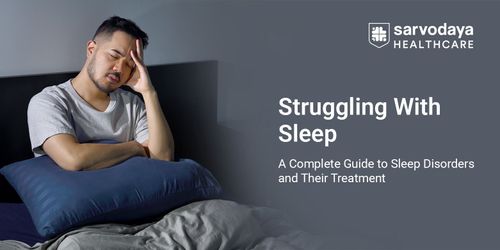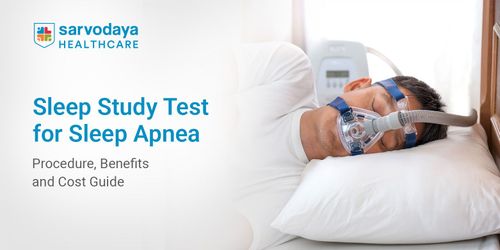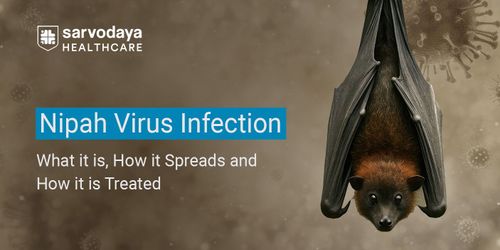World Stroke Day is observed every year to raise awareness about the devastating impact of stroke and how it can be prevented. Stroke is one of the leading causes of death and disability worldwide, and it affects millions of lives each year. As part of the global health initiative, raising awareness and educating the public on recognising symptoms early and making lifestyle changes that can significantly reduce the risk are crucial.
In this blog, we will explore the signs, risk factors, prevention methods, and treatment for brain stroke and discuss. how healthcare providers, like Sarvodaya Hospital, Faridabad, play an essential role in stroke prevention and treatment.
Understanding Stroke
A stroke occurs when the blood supply to a part of the brain is disrupted, causing brain cells to be deprived of oxygen.
There are three main types of stroke:
- Ischaemic Stroke: Occurs when a blood clot blocks or narrows an artery leading to the brain, preventing blood flow.
- Haemorrhagic Stroke: This occurs when a blood vessel in the brain ruptures, causing bleeding in the brain.
- Transient Ischaemic Attack (TIA): Often called a "mini-stroke", a TIA is a temporary blockage of blood flow to the brain that causes symptoms that disappear within a few minutes or hours.
Risk Factors for Stroke
Understanding the risk factors for stroke is crucial in preventing its occurrence. Several lifestyle factors and medical conditions increase the likelihood of having a stroke.
Some of the most common stroke risk factors include:
- High Blood Pressure (Hypertension): The leading cause of strokes. Uncontrolled hypertension can cause the blood vessels in the brain to weaken, leading to a stroke.
- Smoking: Smoking damages the blood vessels, increasing the risk of clot formation, which can lead to an ischaemic stroke.
- Diabetes: High blood sugar can damage blood vessels and increase the risk of stroke.
- Heart Disease: Atrial fibrillation (AF) or other heart conditions increase the risk of stroke, as they can lead to blood clots that travel to the brain.
- Family History: Genetics plays a role in stroke risk. If you have close family members who have had a stroke, you are at a higher risk.
Read More- All You Need To Know About Brain Strokes
Symptoms of a Stroke
Recognising the symptoms of a stroke as soon as they occur is vital for receiving timely medical intervention. The faster the treatment, the better the chances of reducing long-term effects.
The acronym FAST can help remember the common symptoms of a stroke:
- F – Face Drooping: One side of the face may droop or feel numb. Ask the person to smile to see if the smile is uneven.
- A – Arm Weakness: One arm may become weak or numb. Ask the person to raise both arms to check for weakness.
- S – Speech Difficulty: The person may have trouble speaking or understanding speech. Ask them to repeat a simple sentence and see if they can do it.
- T – Time to Call Emergency Services: If any of these symptoms are present, time is critical. Call emergency services immediately.
Treatment and Recovery after Stroke
The goal of rehabilitation is to help individuals regain their independence, mobility, and speech abilities.
Stroke treatment typically involves the following:
- Medications: Depending on the type of stroke, medications like blood thinners (for ischaemic stroke) or clot-busting drugs (for ischaemic stroke within a specific time frame) are given to prevent further damage.
- Surgical Procedures: In some cases, surgery may be required to remove a clot or repair a ruptured blood vessel in the brain.
- Rehabilitation: After the immediate treatment, stroke rehabilitation helps patients recover movement, speech, and cognitive abilities.
This may include:
- Physical therapy to improve mobility and strength.
- Speech therapy to help with communication and swallowing difficulties.
- Occupational therapy to help regain daily living skills such as dressing, eating, and writing.
If you or a loved one is at risk for stroke or has already experienced one, scheduling an appointment with an experienced neurologist in Delhi NCR can help you understand the next steps to beat stroke.
Preventing Stroke
The key to stroke prevention is adopting a healthy lifestyle and effectively managing risk factors.
Some proven strategies for stroke prevention include:
- Maintaining a Healthy Diet: Eating a balanced diet rich in fruits, vegetables, and whole grains while limiting salt, sugar, and unhealthy fats can help prevent high blood pressure, obesity, and diabetes, key stroke risk factors.
- Exercising Regularly: Physical activity helps to maintain a healthy weight, reduce cholesterol, and lower blood pressure, all of which can reduce stroke risk.
- Quitting Smoking: Smoking cessation is one of the most effective ways to reduce the risk of stroke. Smoking accelerates the plaque buildup in the arteries and increases blood clot formation.
- Reducing Alcohol Consumption: Excessive alcohol intake can increase blood pressure and raise the risk of stroke. Limiting alcohol consumption can help protect your cardiovascular health.
- Managing Chronic Conditions: Regular monitoring and managing high blood pressure, diabetes, and cholesterol levels are vital in preventing stroke. Regular check-ups and medication adherence can make a significant difference.
Conclusion
Understanding the signs and risks of stroke, as well as knowing how to prevent it, can make all the difference in reducing the impact of this potentially life-threatening condition. By recognising the symptoms early, adopting a healthier lifestyle, and seeking medical advice, individuals can lower their risk and improve their chances of recovery in case of a stroke.
If you are concerned about your risk of stroke or are looking for expert treatment and rehabilitation, Sarvodaya Hospital, Faridabad, is here to support you. With a team of highly qualified neurologists and rehabilitation specialists, the hospital provides comprehensive stroke care from diagnosis to recovery. Taking preventive measures through lifestyle changes, regular health check-ups, and early consultations can significantly reduce stroke risk.
Book an appointment now with one of our expert neurologists to discuss your stroke prevention plan or to begin your recovery journey after a stroke.
Read More Awarness Day:
- World Polio Day 2025
- World Trauma Day 2025
- Mental Health Day 2025
- World Heart Day 2025
- World Patient Safety Day 2025
- World Lymphoma Awareness Day 2025
- World Lung Cancer Day 2025
- World Hepatitis Day 2025
- World Population Day 2025


